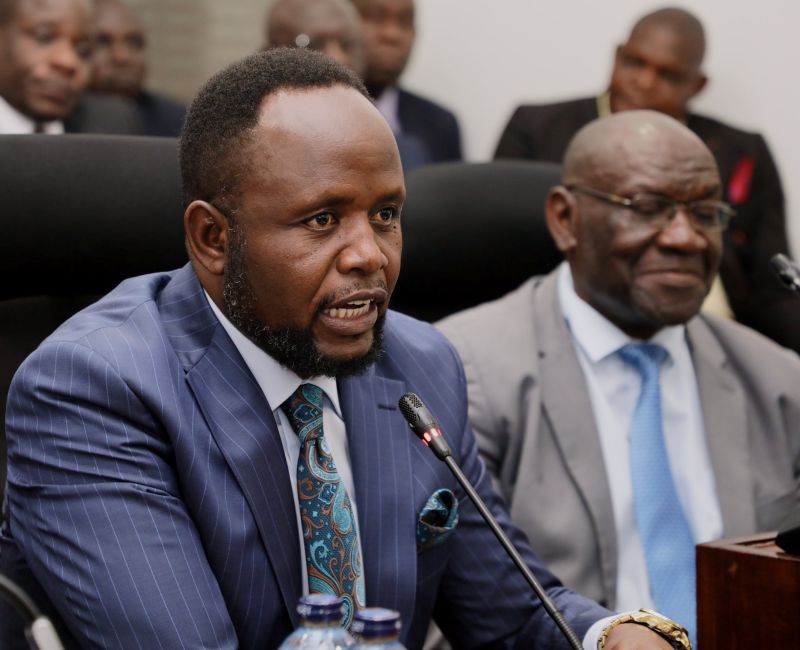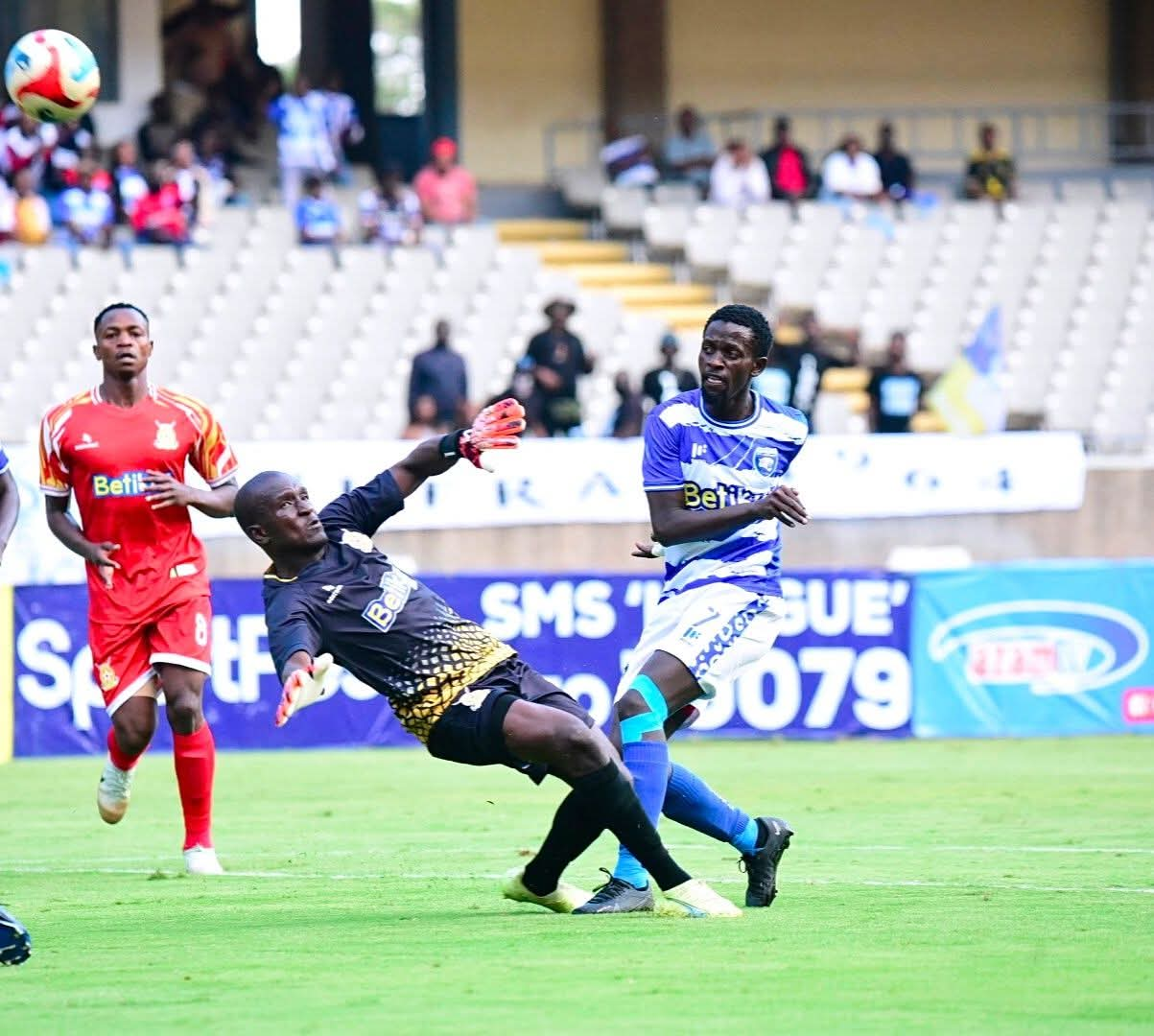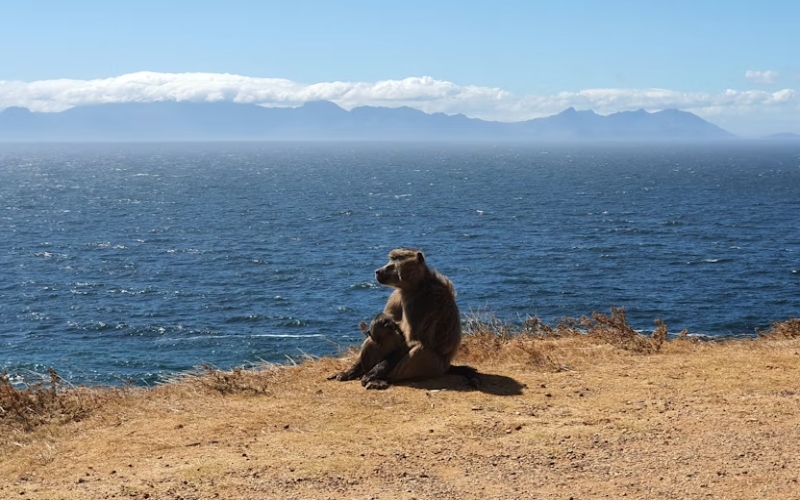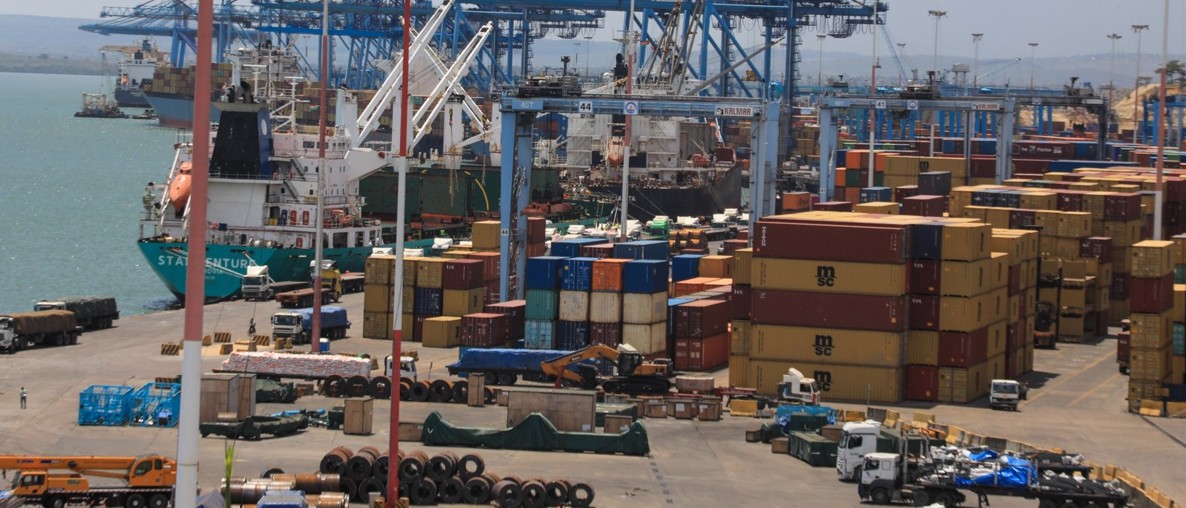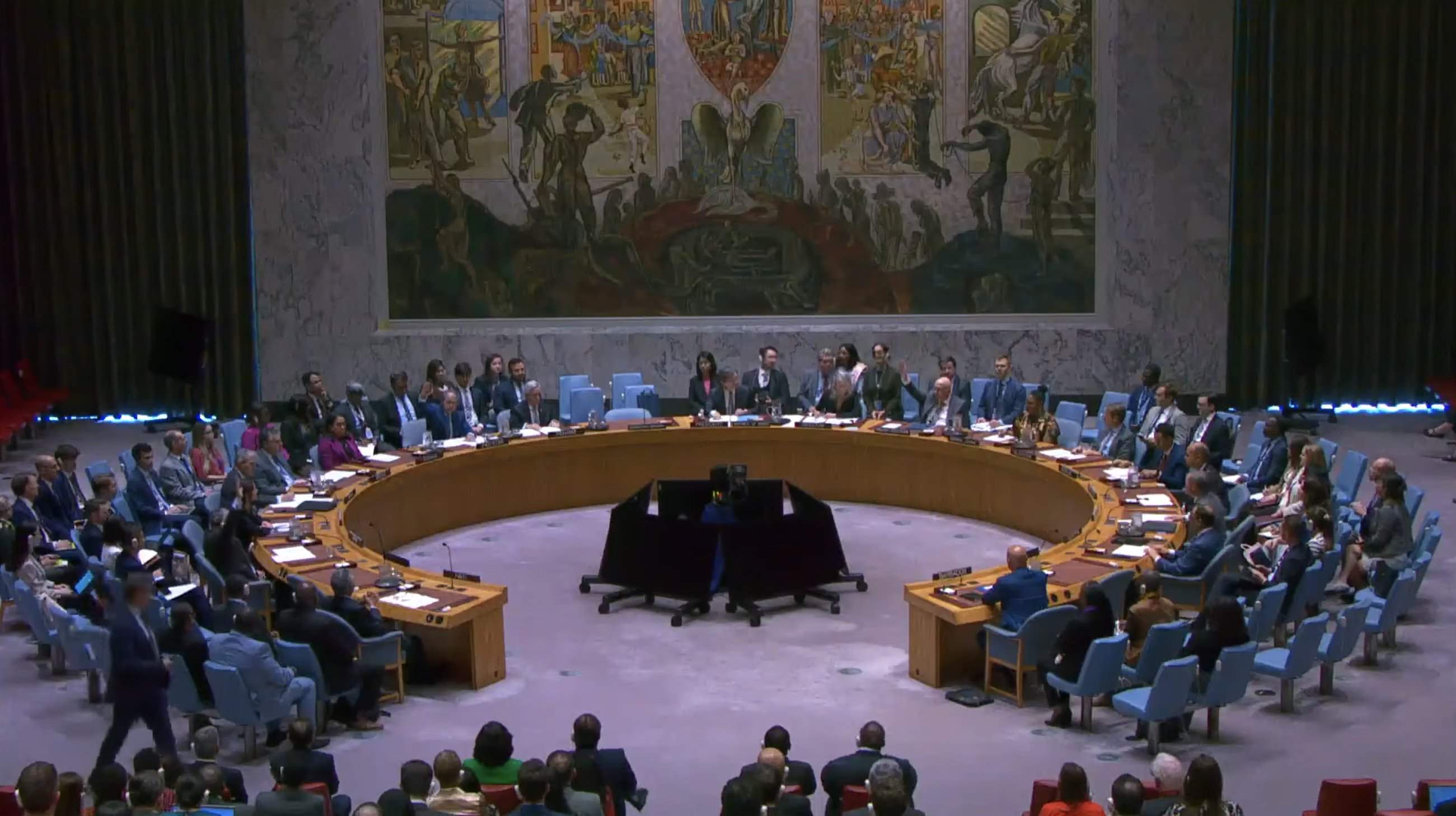Rwanda's stringent gun laws elicit debate
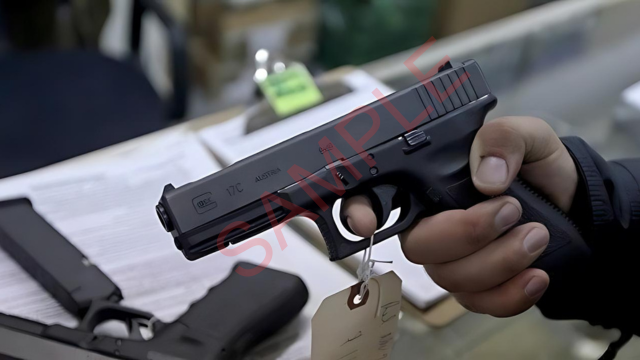
Former lawmaker Eugene Barikana was fined Rwf 500,000 by the Nyarugenge Primary Court earlier this month after being found guilty of possessing an AK47 rifle's magazine without a valid licence
Civilians in Rwanda are allowed to possess firearms for hunting, sports, or self-defence if they meet the specified legal requirements.
However, the Rwanda National Police (RNP) retains the discretion to refuse firearm possession and carriage licences.
More To Read
- Peace falters as fighting in eastern DR Congo raises fears of regional war
- Burundi closes border with DR Congo after M23 enters Uvira, sources say
- M23 rebels capture eastern DR Congo city of Uvira as thousands flee to Burundi
- Bloody clash leaves 30 dead, 20 injured as army, pro-government militia clash in eastern DR Congo
- UN hails DR Congo-Rwanda peace deal amid ongoing hostilities in the east
- Scepticism grows over DR Congo-Rwanda peace deal
Police adhere to Rwanda's law governing the acquisition, possession, carriage, manufacturing, sale, and storage of all types of firearms. These laws also establish rigorous conditions for obtaining licences for the weapons.
Article 70 of the 2018 law relating to arms details the penalties for illegal possession and related activities. Any person who illegally possesses a firearm or alters its identification marks commits an offence and, upon conviction, is liable to imprisonment for one to two years and a fine of Rwf1 million to Rwf2 million, or one of these penalties.
More severe penalties are in place for illegal importation, transportation, sale, manufacture, or distribution of arms or their components, with offenders facing 10 to 15 years in prison and fines ranging from Rwf5 million to Rwf10 million. For offences committed at the international level, the penalties increase to 15 to 20 years in prison and fines of Sh1,480,651 (Rwf15 million) to Sh1,974,201 (Rwf20 million).
 ACP Boniface Rutikanga, spokesperson for the RNP. (Photo: Courtesy)
ACP Boniface Rutikanga, spokesperson for the RNP. (Photo: Courtesy)ACP Boniface Rutikanga, spokesperson for the RNP. (Photo: Courtesy)
In an interview with the national broadcaster on Sunday, June 16, Boniface Rutikanga, spokesperson for the RNP, elaborated on the legal requirements for obtaining a gun ownership licence. He emphasised that applicants must have a sound understanding of firearm use or be willing to undergo proper training.
Additionally, they must demonstrate secure storage plans for the firearm and be in good mental health, with adequate eyesight and hearing.
The rationale for seeking gun ownership is also crucial in the approval process.
"This is where the administration of the police evaluates the applicant's reasons," Rutikanga noted, stating that each case is judged individually based on the law's guidelines.
This legal framework aims to ensure that firearms are handled responsibly, with significant penalties for those who flout the law. The recent case of Eugene Barikana has highlighted the importance of adhering to these regulations.
Former lawmaker Eugene Barikana was fined Sh 49,355 (Rwf500,000) by the Nyarugenge Primary Court earlier this month after being found guilty of possessing an AK47 rifle's magazine without a valid licence.
The court's decision has sparked widespread discussions about gun ownership laws and the licencing process in Rwanda. Barikana's conviction serves as a reminder that possessing unlicensed firearms, even components such as a magazine, is a serious offence.
Public discourse has since focused on who is eligible to own a gun in Rwanda and the comprehensive process required to obtain a licence.
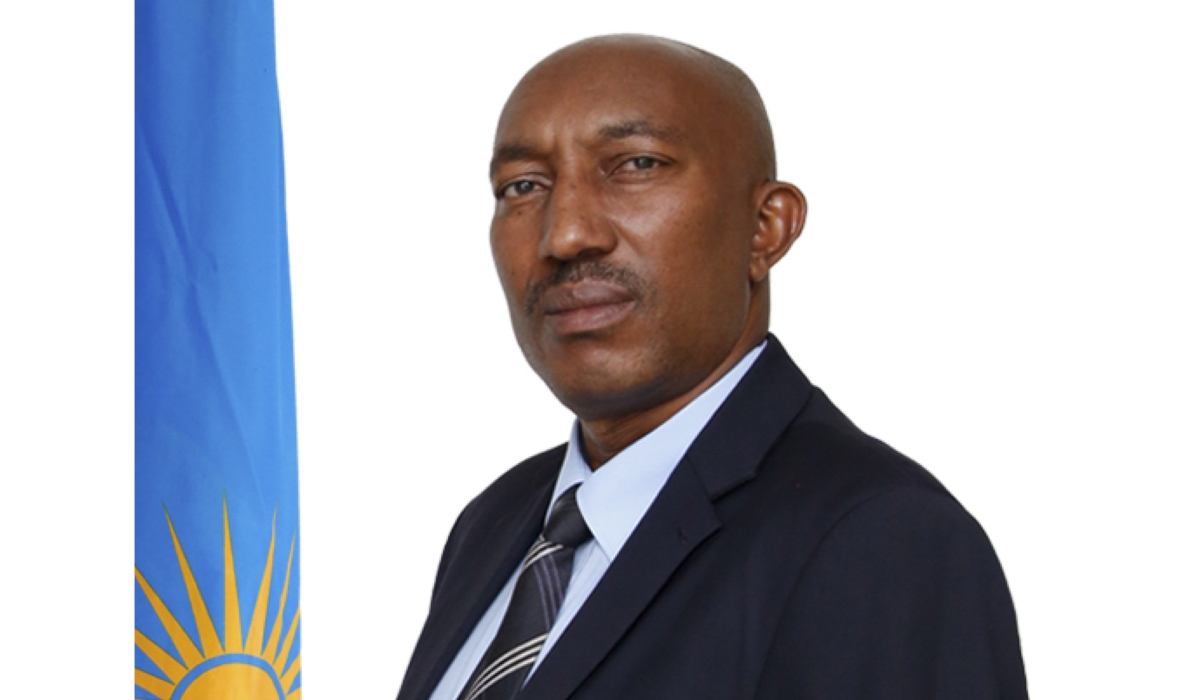 Eugene Barikana, a former lawmaker, was detained on May 11, 2024, over illegal possession of firearms. Courtesy
Eugene Barikana, a former lawmaker, was detained on May 11, 2024, over illegal possession of firearms. CourtesyEugene Barikana, a former lawmaker, was detained on May 11 over illegal possession of firearms. Courtesy
Top Stories Today

